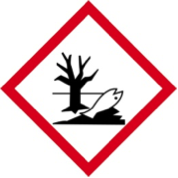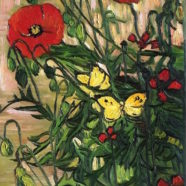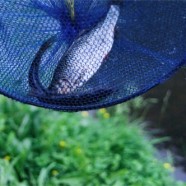(Français) PFAS – Robin des Bois demande la publication du rapport commandé par Mme Pompili
Australian waste: Divergence between Robin des Bois and the French Ministry of Environment
Robin des Bois regrets that the French Ministry of Environment decided to refuse the importation of 132 tonnes of chemical waste from Sydney, Australia.
The NGO worked over numerous months with Orica, holder of the waste, and with Trédi, disposal contractor of hazardous waste, to develop a method of operation likely to unblock an inextricable situation in Australia and to reduce, to a minimum, maritime transport risks.
Unfortunately, the Ministry of Environment joined the gang and shares certain caricatures of French and international environmentalist, by not taking into account the benefits of the plan well thought out by Robin des Bois, Trédi and Orica. (cf. Robin des Bois’ viewpoint on the importation of HCB from Australia to France. June 16, 2014)
Robin des Bois’ viewpoint on the importation of HCB from Australia to France
Robin des Bois was consulted by Orica over the possible treatment, at Trédi’s incinerator at Salaise-sur-Sanne (France), of HCB waste stockpiled, since 1991, in Botany situated 8km from Sydney. Two representatives from Robin des Bois gathered information on site at the end of 2013 in order to understand why an industrial firm, located in Australia, an economically developed country, would want to export waste 17,000km away.
It was noted that the 13,800 tonnes of waste is stockpiled in a highly urbanised area. The Botany stockpile is exposed to natural and industrial external threats. The HCB concentration of the stockpile ranges from 0.003% to 89%. Certain waste requires repackaging every 4-5 years. Repackaging operations increase the total weight of the waste by 2.0% on average, per annum. Orica’s stockpile is historical and HCB is no longer produced in Australia.












